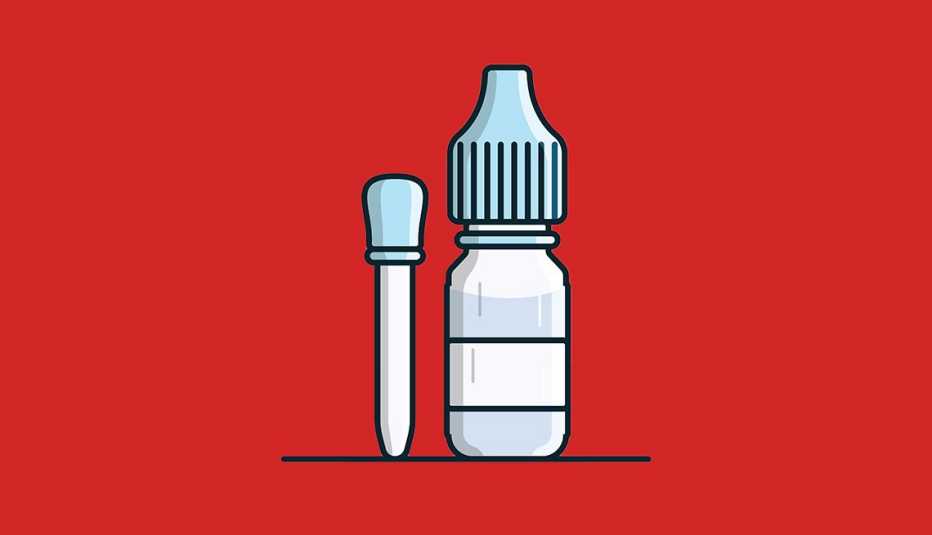Staying Fit


Indian manufacturer Kilitch Healthcare India Limited voluntarily recalled 27 of its eye drop products that were distributed to stores including CVS, Rite Aid and Target after the Food and Drug Administration found insanitary conditions at its facility.
The recall comes after an October FDA warning to consumers not to purchase or use the eye drops because of those conditions, including bacteria in “critical drug production areas in the facility.”


AARP Membership— $12 for your first year when you sign up for Automatic Renewal
Get instant access to members-only products and hundreds of discounts, a free second membership, and a subscription to AARP the Magazine.
Eye medications are intended to be sterile, and contaminated products present an increased risk because they can bypass some of the body’s natural defenses, according to the FDA.
Most of the affected products are lubricating drops but include dry eye and eye irritation relief drops sold under these brands: CVS Health, Leader (Cardinal Health), Rugby (Cardinal Health), Rite Aid, Target Up & Up, Velocity Pharma and Walmart Equate.
All lots of the cited products, with expiration dates ranging from November 2023 to September 2025, are recalled.
See the full list of recalled products on the recall announcement page.
Six complaints have been reported, three related to the recalled Rugby products, citing issues such as blurred vision, vision loss, and burning eyes, and three concerning the listed Leader brand products.
In August, a similar warning was issued about two brands of eye drops found to be contaminated with bacteria, fungi or both. In September, the FDA warned eight companies, including CVS and Walgreens, for marketing unapproved drugs to treat pink eye, cataracts and glaucoma. Most recently, seven Amazon products faced warnings for similar reasons.



































































More From AARP
Eye Drops Manufacturer Cited for Contamination by FDA
Products linked to antibiotic-resistant infections
More Eye Drops Recalled Due to Contamination Risk
Beware these products used to treat ocular inflammation, glaucoma
More Infections, Deaths Tied to Recalled Eye Drops
Some cases resulted in permanent blindness